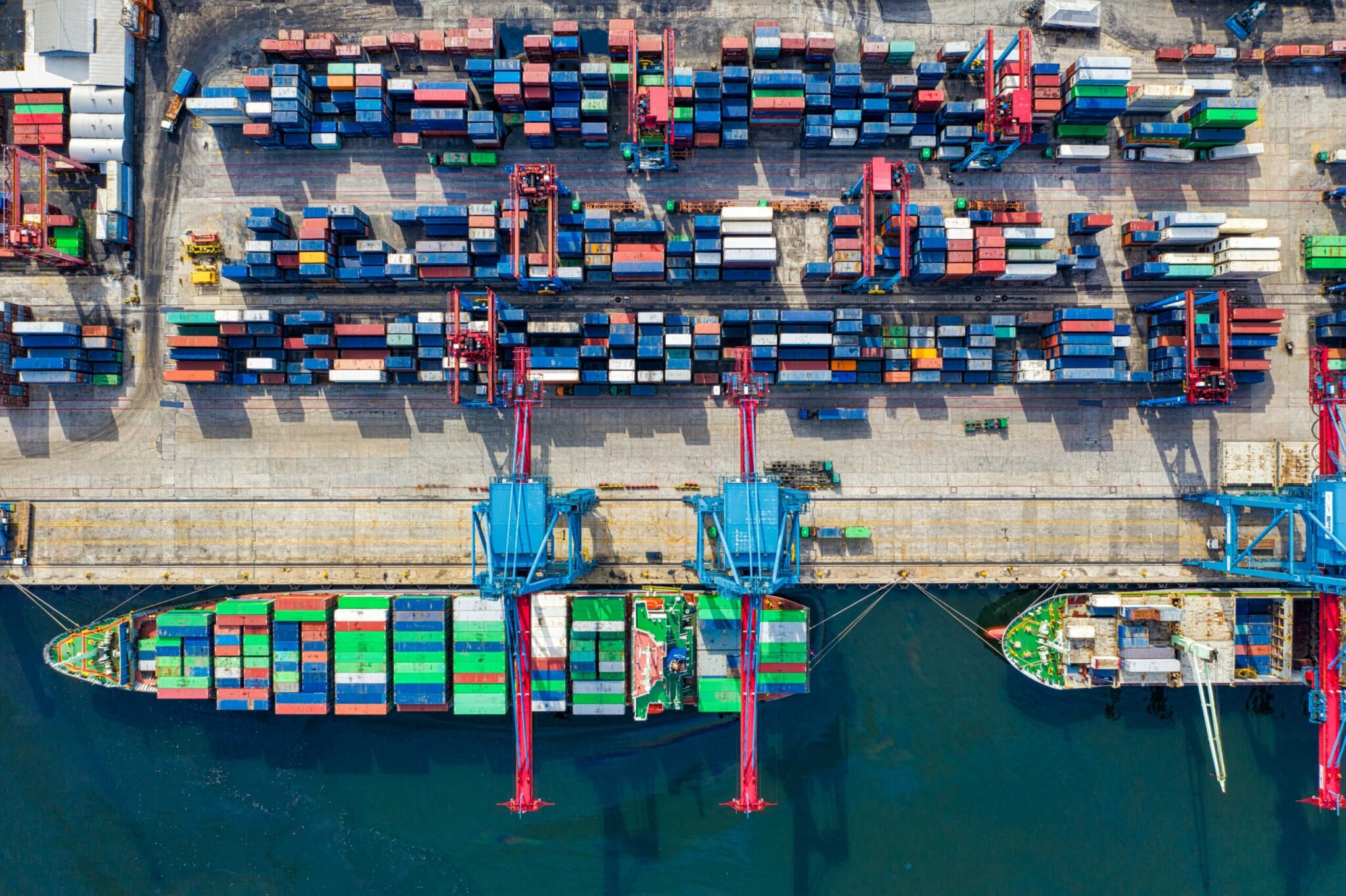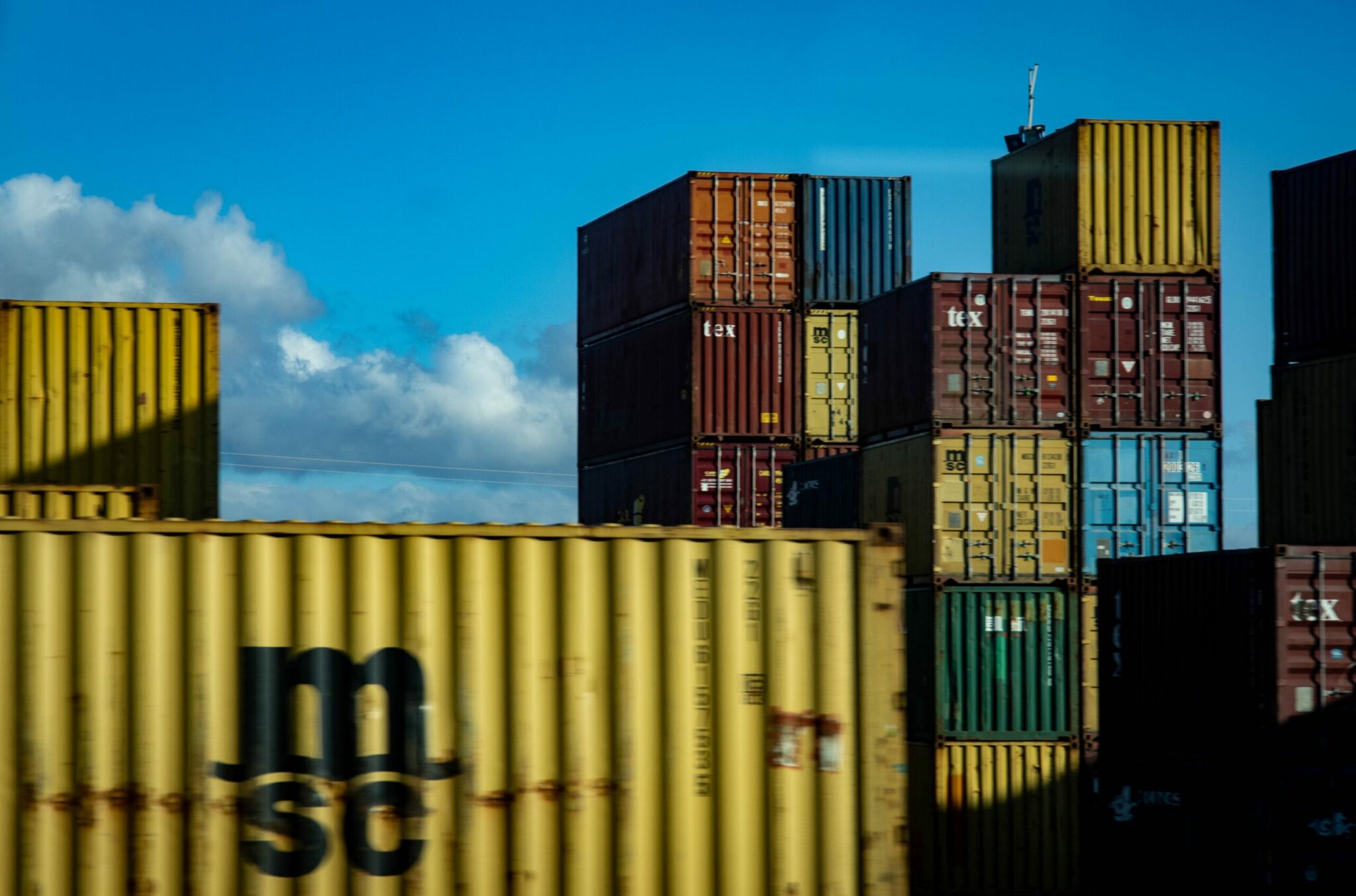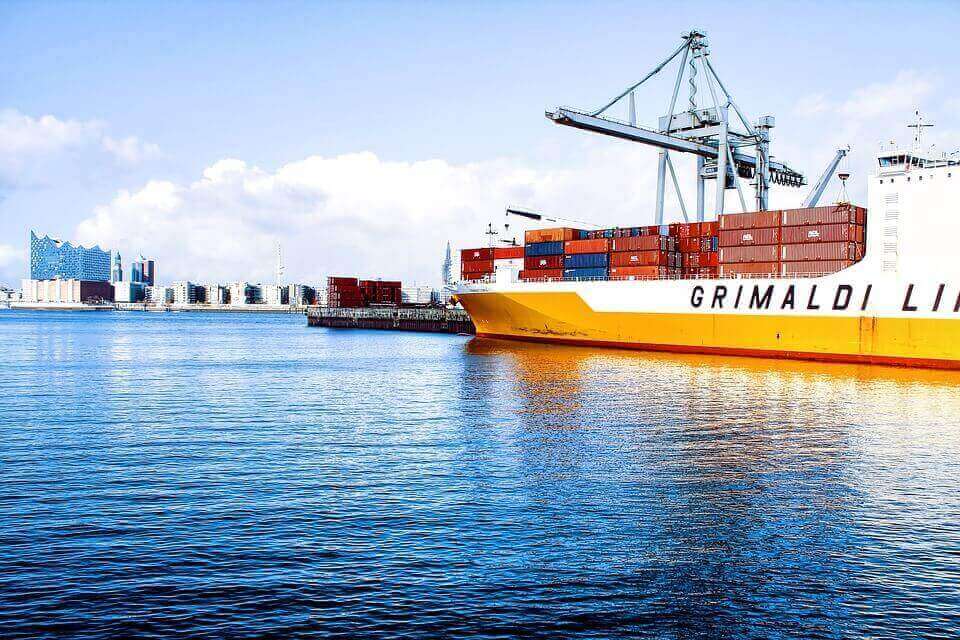Conducting import and export activities in Paraguay can be a profitable venture while the market remains relatively unsaturated. Paraguay enjoys a substantial level of political stability and is known for its low taxes and established system for fiscal compliance.
In recent years, the country has diversified its economic activities greatly. This includes the development of agriculture, real estate, construction, amongst others. In terms of international trade, the country is known for its soybeans and frozen bovine meat. Similarly, Paraguay’s main imports include a variety of products, from broadcasting equipment to refined petroleum.
With strong macroeconomic principles guiding the country, Paraguay has become a great spot to conduct international trade activities. Learn about the procedures to import and export in Paraguay.
How to import and export in Paraguay
To begin importing and exporting products for commercial purposes into Paraguay, you must register a legal entity and an electronic signature. Any natural or legal person (such as a company) can register any of the eight types of legal entities existent in Paraguay.

After successfully registering a legal entity, you must register your commercial activities and your signature with DNA (Dirección Nacional de Aduanas). Register the exporting or importing activities of your legal entity with DNA, this will include the registry of your electronic signature.
Responsible government authority
The entity in charge of regulating imports and exports in Paraguay is the National Directive of Customs (Dirección Nacional de Aduana, DNA). However, other governmental entities are involved to emit certificates required to conduct export activities.
How do I import goods into Paraguay?
Importing entities must register with DNA. There are two types of importers recognized by DNA, casual and general importers. The required documentation is as follows:
Casual importer
- Photocopy of the identity documents of the interested parties
- Photocopy of the commercial invoice or equivalent
- Photocopy of the transportation document ( bill of lading, airway bill or any other document that guarantees the ownership of the merchandise)
General importer
Depending on the type of entity required documentation can vary, in general all entities must submit:
- Unique Registry of Taxpayers (Registro Único de Constituyente, R.U.C)
- Documentation of local taxes on assets
- Certified document of opening balance of the last fiscal year
- Identification of the signatory parties.
For SRL companies specifically (these are Limited Liability Companies):
- Deed of company incorporation and capital contribution
- Registration on the Public Registries of Commerce and Registration in the Registry of Legal Entities.
For a Sociedad Anónima (SA, known as Corporation in English):
- Article of association
- Act of last assembly.
Unipersonal companies must provide:
- Merchant’s registration
- Bank reference (original), current account, certified
- If the exporter entity is unipersonal, present a Photocopy of merchant registration
- Information of real address, property title or rental agreement.
When importing you will need to pay relevant tariffs and taxes. Register with the Secretary of State for Taxation, as required, to comply with tax, tariff, insurance fees. As navigating the registration process can be complex, we strongly recommend contacting a trade lawyer or accountant in Paraguay to help set you with your registration and tax compliance.
Process

The process to bring your products into Paraguay can be complex, and for that reason it’s wise to seek professional assistance locally.
To carry out import activities, you will need to engage with a customs agent. The customs agent will advise you about import duties and will draft the Single Customs Document (Document Unico Aduanero, DUA) required to lift your merchandise. Not only that, but your customs agent will classify your merchandise according to the official nomenclature of your products, which is key to calculate tariffs and taxes.
When the cargo arrives at its port of destination, present the DUA, it will be verified and endorsed by customs personnel. Also, at the arrival port a customs clearance agent will inform you about your import duties. The clearance agent will prepare all relevant documentation and present it to the respective customs office, which will authorize the entry of your merchandise.
To uplift your imported merchandise, you need to provide the following documents:
- Commercial invoice
- Packing list
- Customs import declaration
- Certificate of origin
- Inspection report
- Transport information
Again, it is strongly advised to get professional assistance to help you present all documentation correctly and avoid any delay.
Import tariffs
To lift your merchandise you will need to have paid applicable tariffs and taxes. As a founding member of MERCOSUR, Paraguay applies the MERCOSUR’s Common External Tariff (CET) which ranges from 1% to 35%, depending on the type of goods. Under this type of system, only a few countries are applicable to exceptions. Consult with a MERCOSUR trade expert to find out whether the country of origin of your goods is applicable for benefits.
Following MERCOSUR’s procedures, all merchandise imported into Paraguay is subject to CET by the customs authorities. Import duties and taxes are calculated on the complete shipping value which includes the Cost, Insurance and Freight (CIF).
How do I export my product from Paraguay?

Before exporting in Paraguay you must register as an exporter with DNA.There are two main categories of exports in Paraguay.
Temporary exports: Merchandise sent for a temporary period fall under this category. These goods must return to Paraguay within 12 months and usually involve merchandise that is sent abroad to be fixed, or repaired through a process that can’t be executed in Paraguay. Usually, this includes merchandise for exhibitions, contests or presentations for artistic, cultural, scientific, athletic, or commercial purposes.
Definitive exports: Definitive exports are determined to stay outside of the territory for an indefinite period of time. This usually includes products completely manufactured in Paraguay.
Export process
Once exporters have their exporting activities registered with DNA and their electronic signatures ready, sending merchandise abroad can be straightforward. However, note that you have to make sure to provide all certifications required by the country of your product’s destination.
When your products arrive at their final destination, relevant customs authorities will verify all required certifications such as phytosanitary or product-specific certifications.
It is important to research the import requirements of your target country. Exporters can obtain all certifications in Paraguay’s governmental entities. We list common types of products and their respective entities.
- Vegetal Products and Subproducts: Ministry of Agriculture and Cattle Raising (Ministerio de Agricultura y Ganadería)
- Forestal Products and Subproducts: Ministry of Agriculture and Cattle Raising
- Chemical Products: Ministry of Public Health and Social Welfare (Ministerio de Salud Pública y Bienestar Social)
- Handmade Products: Craft Promotion Service under the Ministry of Industry and Commerce
- Industrial and Manufactured Products: Ministry of Industry and Commerce
Once all your required documentation is ready you will need to engage with a Customs Agent to submit your Export Declaration. To conduct import and export activities in Paraguay, it is recommended to get professsional assisstance as documentation can vary per case.
Import and export in Paraguay with support from expert trade lawyers
Paraguay’s stability makes it a great place to conduct export and import operations. The country’s low tax and utility costs contribute to attracting foreign businesses. Entrepreneurs interested in entering the Paraguayan market are strongly advised to contact an expert.
Paraguay is still working to simplify its international trade procedures, in this sense, the process to import or export involves many entities and documentation.
Contact a trade lawyer and make sure your business is compliant with all regulations. At Biz Latin Hub, we help entrepreneurs from around the world enter and conduct commercial activities in Paraguay.
Our team of experienced legal and accounting professionals provide support on a range of market entry and back-office needs, including with international trade, company incorporation, visa services and more. Contact us today for more information on how we can help you.
Learn about our team and expert authors.






